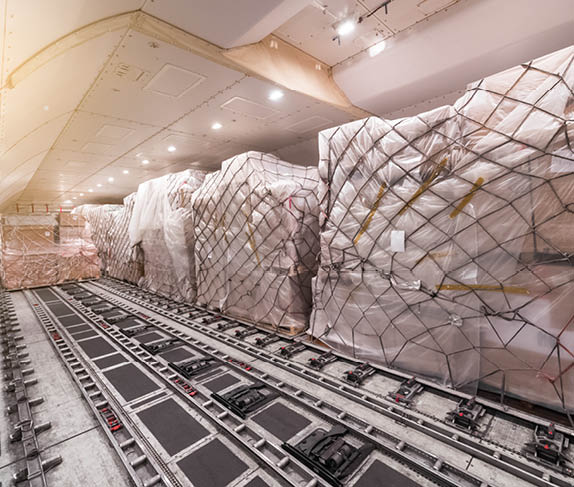Increased sharing of cargo crime data by law enforcement agencies will enable manufacturers and logistics service providers to further protect high value/theft attractive goods in supply chains and relieve the pressure on police forces that have to deal with the growing number of incidents in the Europe, Middle East and Africa (EMEA) region, says the Transported Asset Protection Association (TAPA).
Thorsten Neumann, Chairman of TAPA EMEA, said: “Our members are able to operate more resilient supply chains because they can use the intelligence we already receive from some police forces to avoid known ‘hotspots’ for cargo crimes and to protect their facilities and vehicles against the types of attacks we know are taking place several times a day in Europe alone. We already receive data from law enforcement agencies in the United Kingdom, Netherlands, Germany and Sweden and now we have a commitment from French police to also share data with our Incident Information Service (IIS). However, we need much more crime intelligence from across the EMEA region if industry is to help the police tackle this issue. Similarly, we are asking more insurers to help us gain a better understanding of the true level of cargo crime, which remains massively under-reported.”
His comments come as cargo crimes reported to TAPA’s IIS in the Europe, Middle East and Africa (EMEA) region reached a three-year high in Q1 2016, with an average of nearly five incidents every day culminating in millions of euros of losses for manufacturers and logistics service providers.
Overall, 444 incidents were reported to TAPA’s IIS in the region in the first three months of 2016, a 115% increase year-on-year. This compared to 216 and 206 freight thefts recorded by the Association in the first quarters of 2014 and 2015 respectively. Thefts of products from supply chains were reported in 19 countries in EMEA in Q1 2016 and included 29 major losses with a value of more than €100,000. The total loss for the 24.1% of incidents reporting a value was €7,979,623 and this produced an average loss of €74,547.
Neumann added: “We do not know the full extent of cargo crime in EMEA nor globally. We do know, however, that we are barely scratching the surface of the number of incidents we believe are happening in some major countries in our region. The best way to help fight cargo crime is through public private partnership where we all contribute to making supply chains safer. That is the fastest route to putting cargo criminals out of business – and that is the message we will continue to communicate in our discussions with INTERPOL, Europol, the European Commission and insurance organisations. We are all in this together.”

